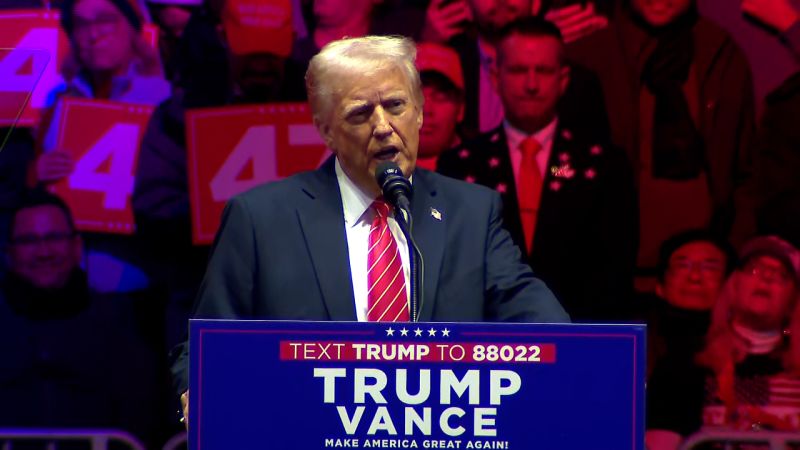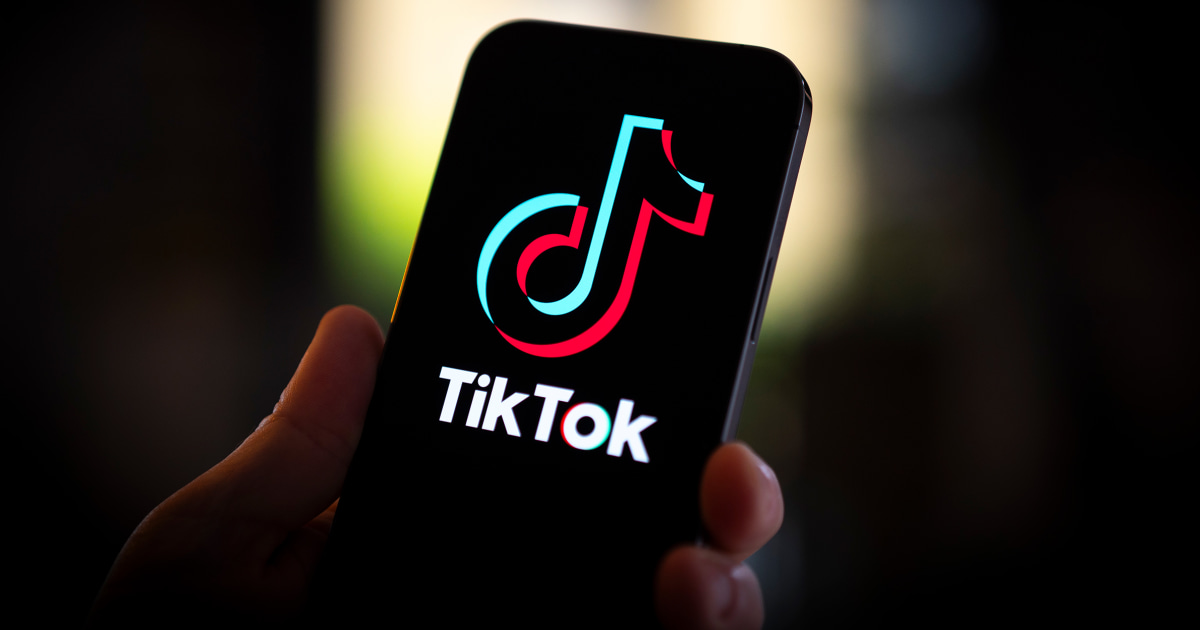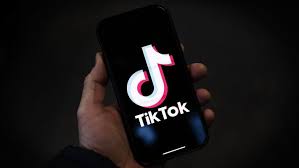TikTok CEO Shou Zi Chew made headlines as he attended President-elect Donald Trump's inauguration on a Monday morning. This appearance came following Trump's pledge to "save" TikTok and hold off on a ban against the platform by extending a deadline for China-based ByteDance to sell TikTok, putting an end to a brief shutdown of the app the previous day. The timing of Chew's attendance, alongside notable figures like Apple CEO Tim Cook and commentator Joe Rogan, added an intriguing layer to the ongoing saga surrounding TikTok's future in the United States.
Sen. Kevin Cramer, R-N.D., raised concerns about the legality of the anticipated executive order from Trump delaying the TikTok ban. Cramer highlighted the importance of upholding the separation of powers, a foundational principle in governance. Trump's remarks during a "victory rally" indicated his strong stance on saving TikTok, suggesting a joint venture with U.S. ownership that would be financially beneficial. This move sparked both support and skepticism within political circles and the technology industry.
Amid these developments, a 19-year-old's alleged arson targeting a building related to the TikTok ban underscored the emotional intensity surrounding the platform's fate. As the situation unfolded, TikTok began its process of restoration, thanking Trump for providing clarity and assurance to service providers. The platform's ability to resume services postulates the complexity and impact of political decisions on technological entities, highlighting the interconnectedness of policy and the digital sphere.
Trump's announcement of an upcoming executive order to delay the TikTok ban, coupled with his call for a joint venture arrangement, set the stage for a potential shift in TikTok's ownership structure. This proposal stirred discussions about national security, data privacy, and the regulation of tech platforms. The ambiguity surrounding potential buyers, including high-profile entities like Tesla's Elon Musk and Amazon, added layers of intrigue to the unfolding narrative.
The legal battles and political maneuverings surrounding TikTok underscored the complexities at the intersection of technology, national security, and international relations. The TikTok ban, with its implications for data privacy and foreign influence, raised fundamental questions about the role of government regulation in the digital age. The Supreme Court's engagement with the issue, alongside legislative efforts to address national security concerns, exemplified the multifaceted nature of the debate surrounding TikTok's future.
As the saga continued, questions regarding the enforcement and implications of the TikTok ban remained unresolved. The involvement of prominent figures like billionaire Frank McCourt and GOP megadonor Yass underscored the high-stakes nature of the negotiations surrounding TikTok. The implications of the ban on millions of American users highlighted the significant role that platforms like TikTok play in modern society, encompassing issues of free speech, data privacy, and corporate governance.
The evolving story of TikTok's ban and subsequent restoration encapsulated the intricate dynamics of technology, policy, and geopolitics in the digital age. Trump's intervention in the TikTok saga brought to the forefront the challenges of balancing national security concerns with the principles of free market competition and technological innovation. As the saga unfolded, it raised critical questions about the future of digital platforms, their ownership structures, and their role in shaping public discourse and cultural exchange.



